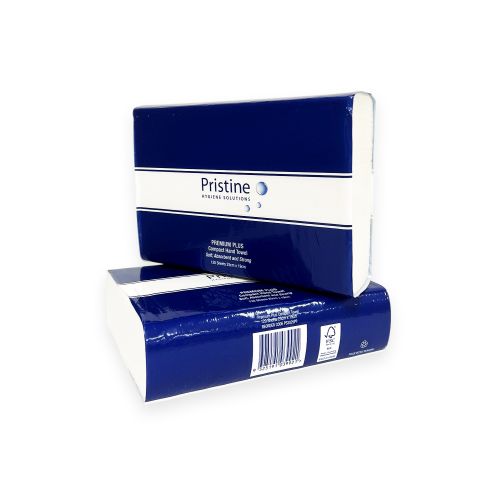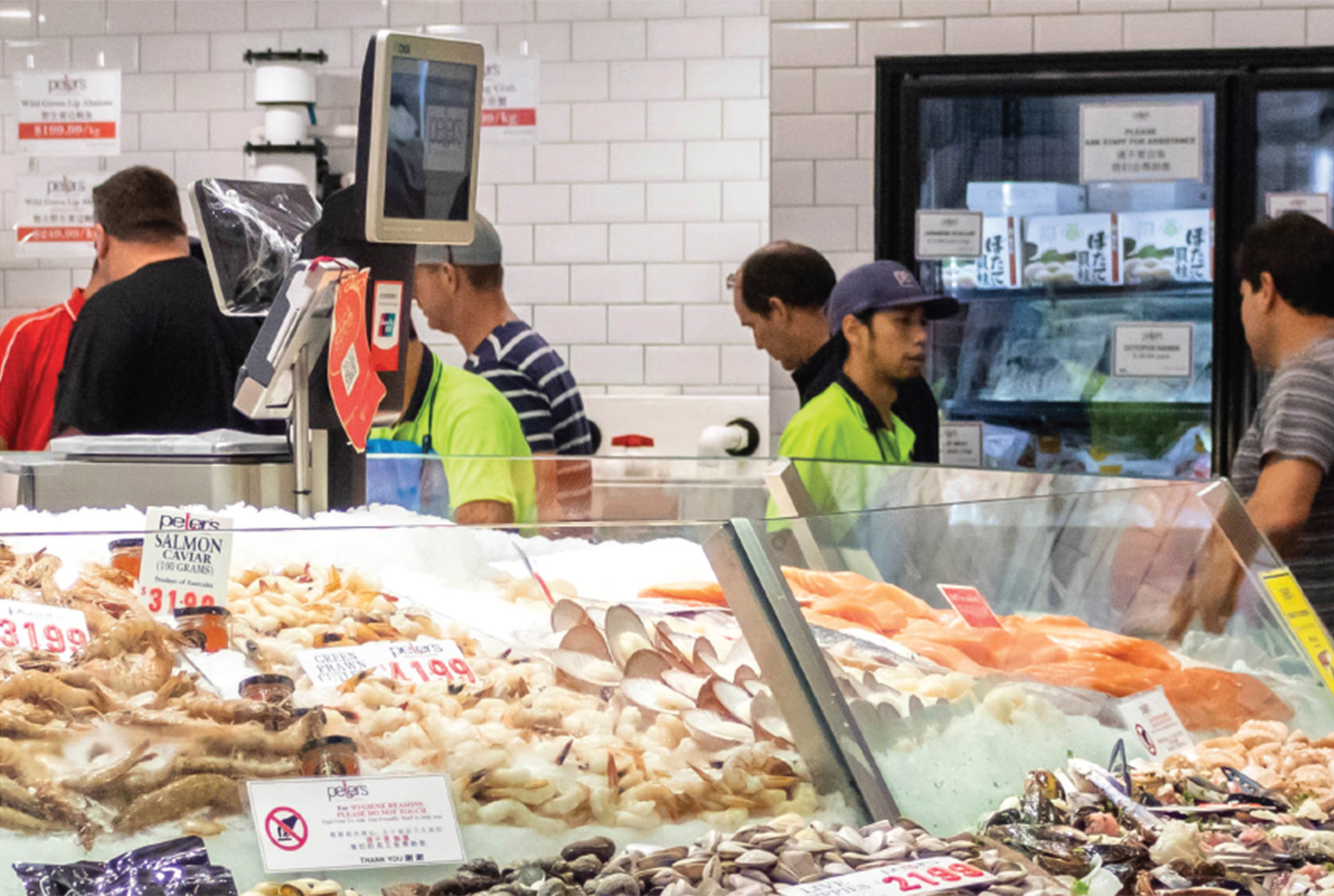It’s estimated that the value of illegal timber imported into Australia each year stands at around $400 million. This can be the result of logging done in contravention of forestry protection or that the timber has come from protected forests or production where child or slave labour has been involved.
Certain regions are in a constant battle to identify the origination and stem the sale of illegal timber. In Africa and South America, for example, between 50% and 90% of timber is harvested and traded illegally. The chain reaction of this is equally severe, with a huge range of products made from illegal sources. This is where the Forest Stewardship Council® (Bunzl FSC®-C117930) Chain of Custody – which guarantees products have been produced in a way designed to protect the health and resilience of forests worldwide – plays an important role.
At a time when sustainability and corporate social responsibility is becoming a key priority across every industry, it’s vital that businesses are not only aware of the FSC® Chain of Custody, but can ensure they are purchasing from compliant companies.
What Exactly Is A Chain of Custody?
As a rule, a chain of custody is a process used in supply-chain management to record and disclose the origins of materials, as well as provide a regulated and identifiable chain that identifies each step of production before sale. In short, it’s a system of traceability and accountability. This is especially important as a way of enabling businesses to avoid purchasing products that may have been produced illegally, whether at source or somewhere else along the chain. When it comes to forest-sourced products – which can mean anything from paper towels and disposable plates to rubber gloves and wooden furniture – the FSC® Chain of Custody is essential. Particularly in hospitality, healthcare, food processing or large event facilities where purchasing timber-derived products is common practice.
“it’s a system of traceability and accountability [. . .] and a way of enabling businesses to avoid purchasing products that may have been produced illegally.”
Ensuring Accountability
When purchasing materials or products that are derived from a forest source, it’s important to look for FSC® certification, which is used on labels worldwide and is recognised globally. If a product has FSC® chain of custody certification, it comes from either FSC®-certified forests or wood that meets the requirements of the FSC® Controlled Wood standards. These standards state that wood cannot be harvested illegally, in violation of human rights, in forests which threaten conservation efforts and in forests being converted for non-forest use. Many businesses do not partner with, or purchase stock from, companies without FSC® certification.
For any company, there are a number of steps that should be taken to follow best practice around chain of custody. These include:
- Administer an annual independent audit
If you buy or sell timber-derived products, an annual audit will provide a comprehensive overview of whether manufacturing is FSC®
compliant or not. - Maintain accurate records
It’s vital to retain an accurate paper trail of all transactions around forest-sourced products for corporate governance and compliance. - Conduct regular training
Every member of staff in your business needs to be well versed on chain of custody to ensure that all incoming products – and any packaging – are FSC® compliant.
Putting Social Responsibility First
It’s thought that around 18 AFL fields worth of forest are cleared every minute across the world. With stats like this, it’s clear that the conservation and renewal of forests is vital for the future health of our planet.
Bunzl has long recognised that sourcing FSC®-certified products helps address this issue, and continues to put sustainability at the forefront of everything we do. Bunzl’s own exclusive brands include Pristine washroom paper, Sustain wooden and paper utensils, and Katermaster baking paper and napkins which are FSC®-certified and each fully compliant with the FSC® chain of custody. This includes the materials used to package and transport these products.
By leading by example, we can create a sustainable environment and raise awareness of ethical sourcing and the promotion of responsible forest management.










